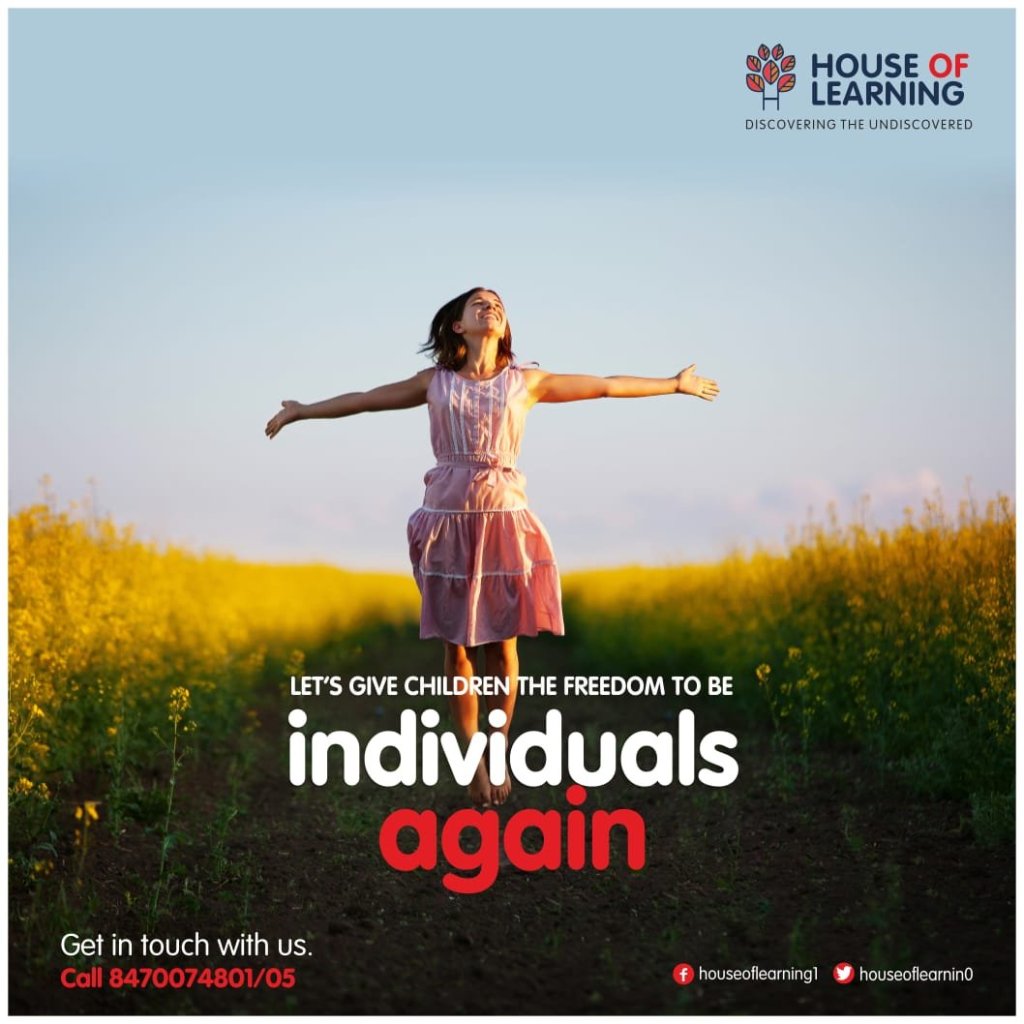Society today is afraid of individuals that aim to disrupt the paradigm and break the norms of what has been established as ‘safe’. It’s afraid of change and the fact that the youth do not conform.
However, this fear is not one that is new. From as far back as the 4th century BC, there were researchers who questioned the boldness of the youth, even claiming them to be anti-social.
“What is happening to our young people? They disrespect their elders, they disobey their parents. They ignore the law. They riot in the streets, inflamed with wild notions. Their morals are decaying. What is to become of them?”
“The young people of today think of nothing but themselves. They have no reverence for parents or old age. They are impatient of all restraint . . . As for the girls, they are forward, immodest and unladylike in speech, behaviour and dress.”
These statements, by public figures like Plato and Peter the Hermit respectively, are in the same tune of the lamentations of society today. This disapproval of the youth has been a common sentiment of many renowned figures throughout history. We are in the midst of what has become a historically nurtured and culturally damaging phenomenon – ephebiphobia; the fear of youth. And this issue is continually getting worse.
However, to understand how we, as a society, can deal with this phobia, it’s important to first establish its root cause.
We follow a ‘no-risk’ culture, where even children’s behaviour is at times constrained. We raise and educate children “in captivity” to quell our own anxieties, which have been fuelled by instances and crimes of violent natures. In fear of being ‘unsafe’, we’ve even labelled children as troublemakers or failures because we worry about their outcomes and often fail to see their potential. Even little children have become victims of our ‘ephebiphobic’ culture, with impatient and quick-tempered teachers treating them like nursery hooligans.
While it can be admitted that there are some young people that are excessively violent and aggressive, this does not mean that every youth is a threat. We need to stop generalising. The few who are destructive are those that have been raised in deprivation and who have been shunned by society and made to feel worthless; they are incredibly vulnerable. Yet, society sees all young people as pestilent, creating devices like the Mosquito, a device designed to deter ‘loitering’ youth. However, not every youth is the same; we must realise that each one of them is a separate individual with distinct personalities and beliefs.
Our distorted perception of the youth, as a whole, has created a self-fulfilling prophecy for many, even as individuals. Why would they bother to try when they are told that they are failures? Why bother to strive when their existence is seen as a nuisance?
So many young people are eager to have their shot at life, but they often give up because of the restrictions placed on them. This starts from school, where they are blocked by an education system that narrows the definition of achievement and success. Their education revolves around targets and testing and narrowly defined notions of academic competence. Later they face rejection from a society that discriminates against them and reprimands them for participating in the development of the social and cultural landscape, which they wish to see fulfilled.
We need to bring about change. And this change needs to start with their education.
We need to stop labelling children for behaviours that need to be addressed. These labels end up sticking with them and hindering their success. Even labels like ‘failure’ in primary and secondary education can impact the hope for further or higher education. Children that misbehave often do so because they are struggling in their learning environment. They need the help of child development specialists who can understand their needs.
Additionally, learning environments can become stressful when based on targets and tests. In such cases, children are often groomed to embrace a herd mentality, which becomes a problem for children with learning disabilities. Instead, we need to embrace diversity and individuality. Every class can have a huge diversity of educational requirements and often, the children require one-on-one support. If they do not receive this support, they get lost in huge classrooms and develop behaviours to deflect from their struggles. The youth need to be encouraged, not deterred.
It has become imperative for us to individualise teaching again. We need to recognise that each child has unique potential and encourage their unique talents. The focus needs to be on each individual child and we need to look at child development from the perspective of differences, not similarities.
To truly empower the youth and embrace individuality, we need to start accepting a broader criterion of success that encompasses more than just grades and money. Schools need to meet the needs of complex learners who require help. Many students carry diverse life experiences and it is up to us to use these experiences to help them achieve success or to deter their growth.
We need to move away from being an ‘ephebiphobic’ society and start empowering the youth and embracing individuality. Society must as respectful to the youth as they expect the youth to be respectful to them.





Leave a Comment